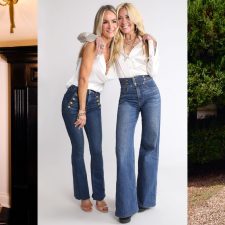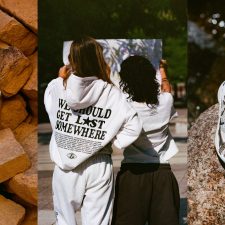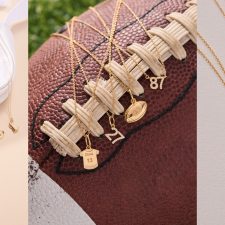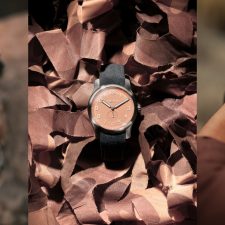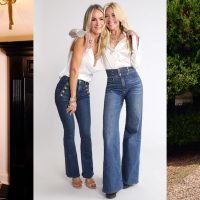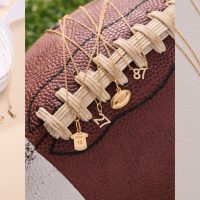By Senay GOKCEN | CEO, Editor-in-Chief
In this edition of Fashion Trendsetter’s Industry Q&A-a series spotlighting visionaries in fashion, interior design, and textiles-, today we welcome Lisa RUSYNIAK President & CEO, Goodwill Industries of the Chesapeake.
We’re pleased to welcome Lisa Rusyniak, President & CEO of Goodwill Industries of the Chesapeake, Inc., who has led the organization for over 28 years. She leads all aspects of the organization, including workforce development programs that support over 3,500 individuals across the Baltimore metro area and Eastern Shore.
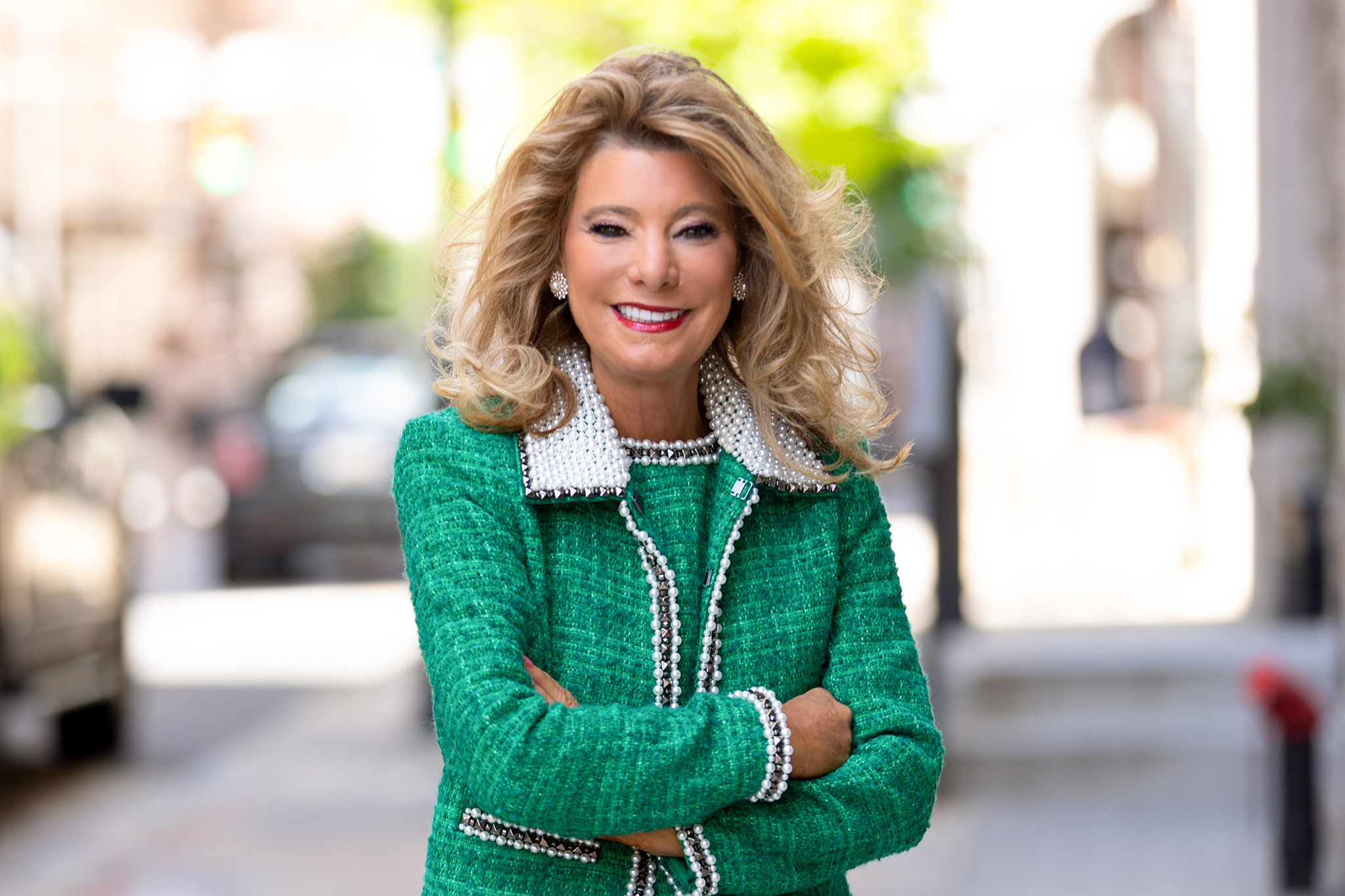
Lisa Rusyniak holds degrees from Salisbury and Wilmington Universities, and has completed executive programs at Georgetown and Harvard. A graduate of multiple leadership programs, she also serves on several nonprofit and workforce investment boards. Her leadership has earned her multiple honors, including Top 100 Women, Most Admired CEO, and Influential Marylander by The Daily Record.
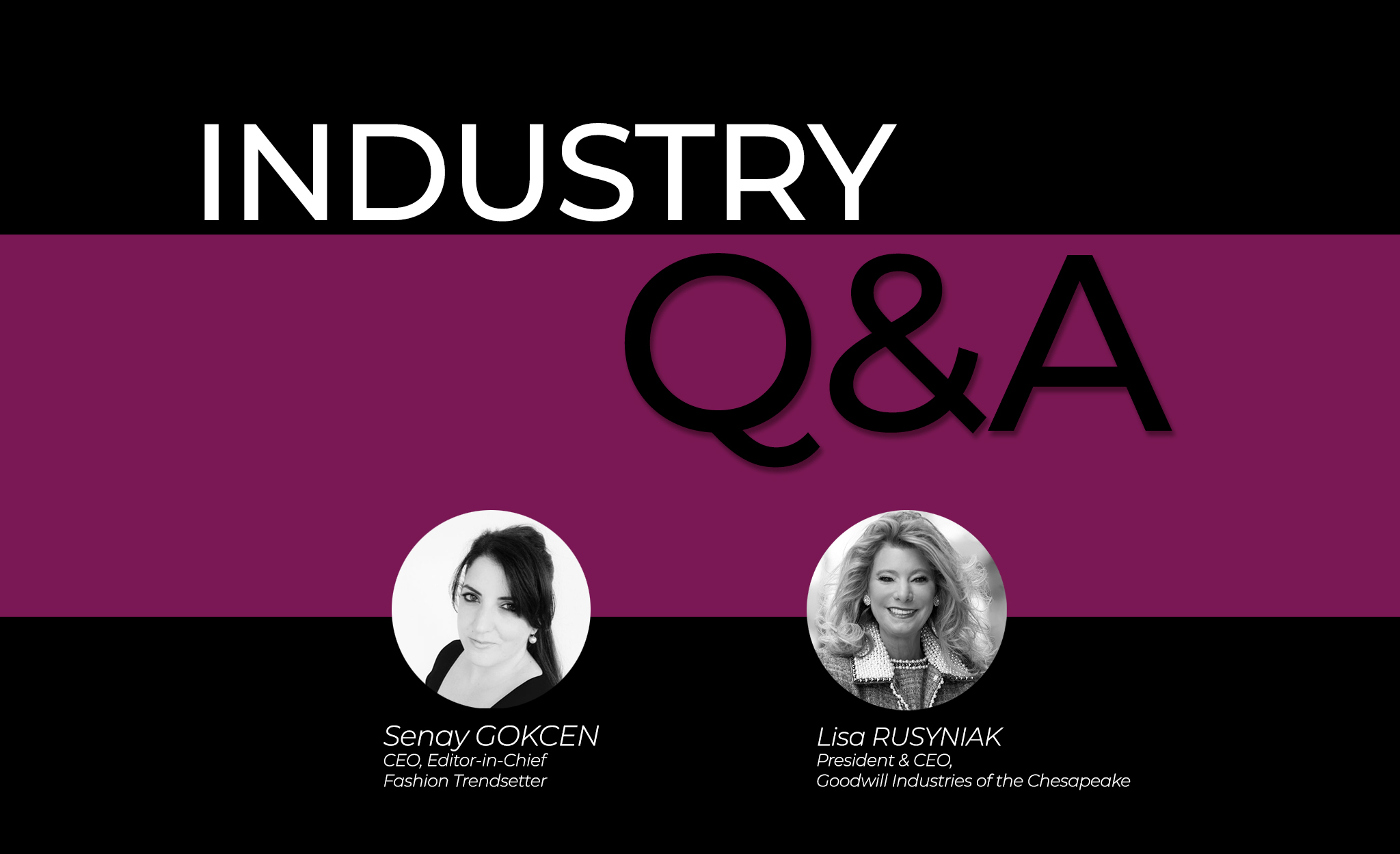
Senay Gokcen: Dear Lisa Rusyniak, it’s a pleasure and honor to welcome you-a distinguished leader in workforce development and community impact-as the President & CEO of Goodwill Industries of the Chesapeake, Inc., to Fashion Trendsetter. We first connected during Earth Month, and I was truly inspired by how your work is redefining what sustainability looks like in practice. Can you share what sustainability means to you, and how it shapes the mission and daily work at Goodwill Industries of the Chesapeake, Inc.?
Lisa Rusyniak: Sustainability, to me, is about stewardship-of the environment, of our communities, and of human potential. At Goodwill Industries of the Chesapeake, sustainability isn’t a separate initiative; it’s woven into everything we do. From keeping millions of pounds of goods out of landfills to offering job training that lifts people out of poverty, we’re redefining sustainability to include both environmental responsibility and economic opportunity. Our mission is to remove barriers to employment and promote dignity through the power of work, and we do that in a way that respects our planet and uplifts people-because the two are deeply connected.
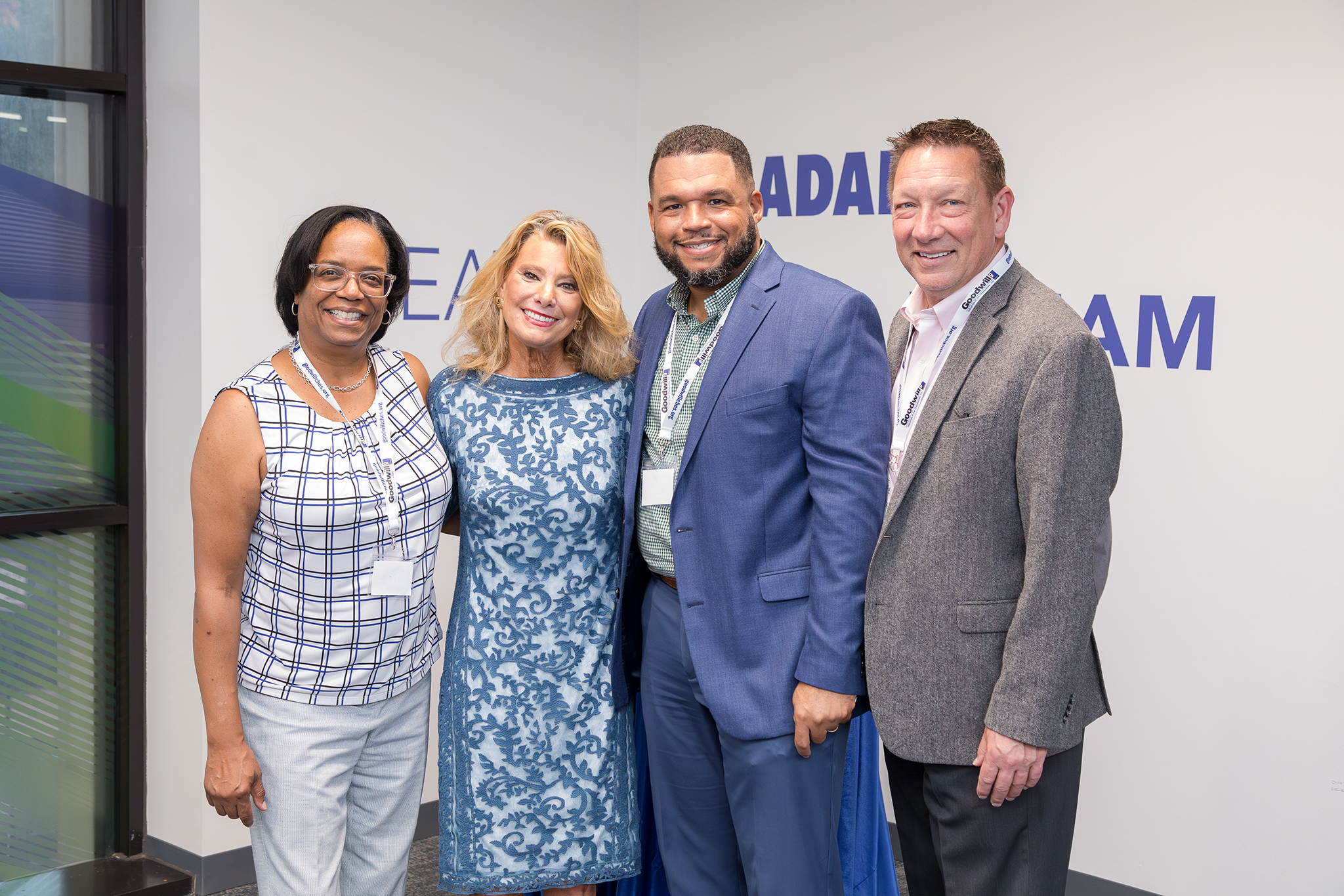
(From L-R) Olivia Farrow, Vice-Chair, Lisa Rusyniak, President & CEO of Goodwill Industries of the Chesapeake, Inc., Ryan Smith – Chief Mission Officer and Joe Durham, Board Chair.
Fast fashion is contributing to a global landfill crisis. How is Goodwill Industries of the Chesapeake offering a smarter, more sustainable alternative through thrifting?
Thrifting is one of the simplest yet most impactful forms of environmental activism. At Goodwill Industries of the Chesapeake, we give clothing a second-and sometimes third-life. When you shop secondhand, you’re reducing demand for new production, which in turn lowers water usage, energy consumption, and carbon emissions. Each donated garment helps us reduce textile waste and diverts it from landfills. But the impact doesn’t stop there. The revenue from those sales funds job training, career coaching, and other vital services. So, every thrifted item is part of a larger ecosystem of sustainability and empowerment.
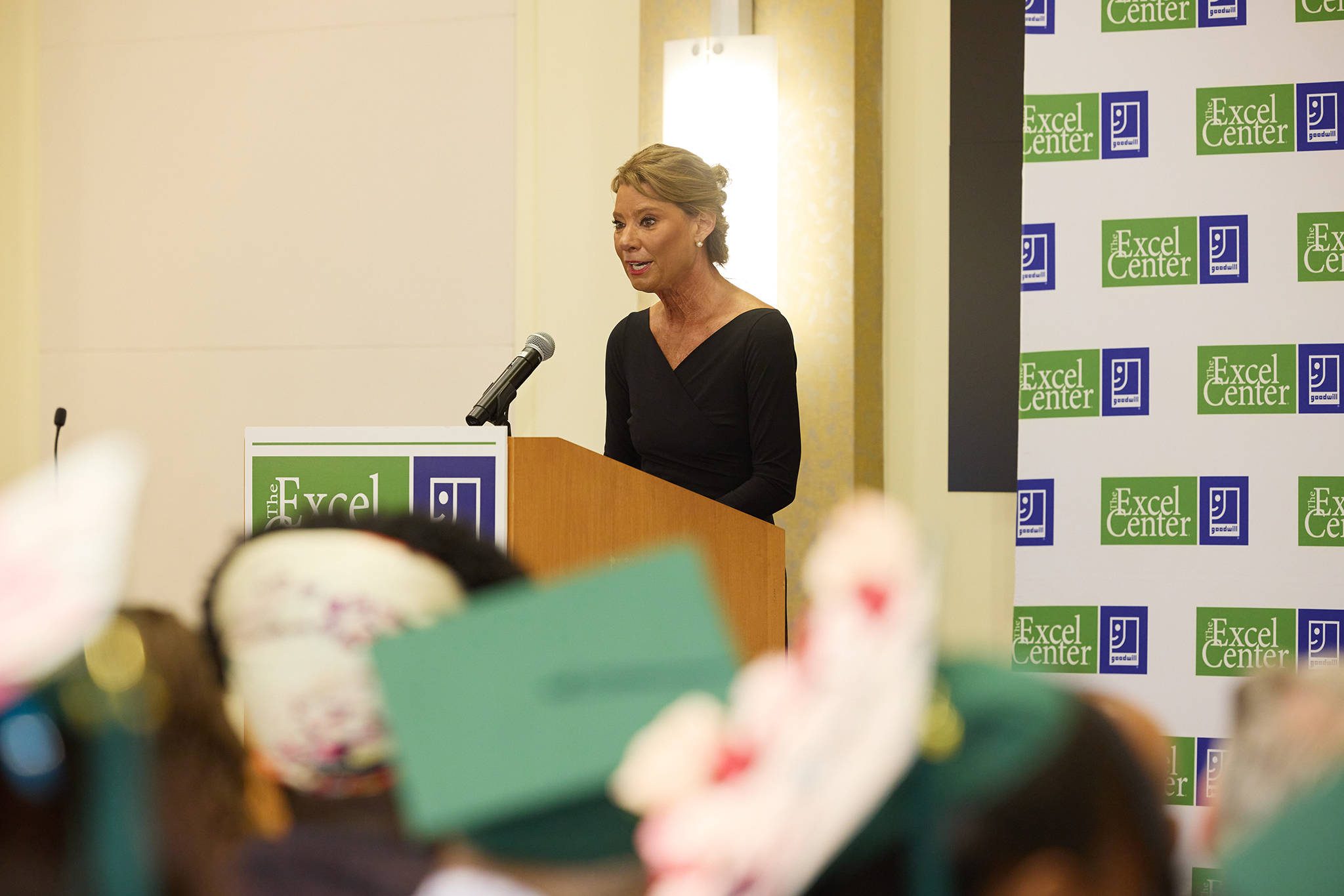
Most people think of Goodwill as a place to donate or shop secondhand. Can you walk us through the real impact of a single donation-how it’s transformed into environmental and social change?
Absolutely. Let’s take a single coat as an example. You donate it to Goodwill. We process that donation and put it on the sales floor. Someone buys it-perhaps someone who couldn’t otherwise afford a warm coat for winter. That sale generates revenue that funds our workforce development programs. Maybe that revenue helps pay for job certification training for someone who’s been justice-involved or experiencing homelessness. That one coat not only avoids the landfill, but it also warms someone, supports a job seeker, and funds skills training that changes a life. That’s the ripple effect of one donation.
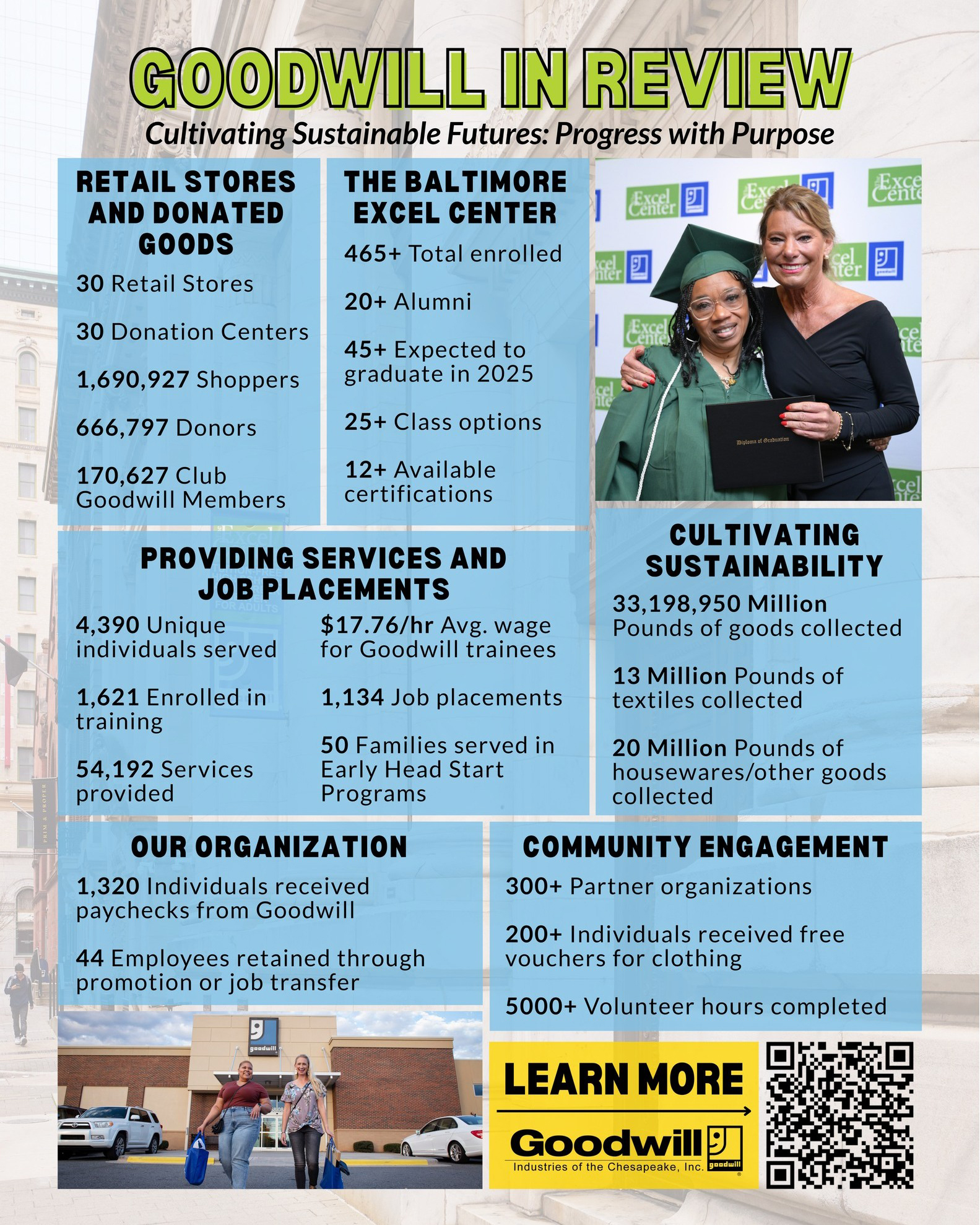
(Photo courtesy of Goodwill Industries of the Chesapeake)
One of your standout initiatives is turning recycled glass into sand. Can you explain how that process works and its potential to reshape local sustainability efforts?
We recently introduced a glass pulverizer to our operations-one of the first of its kind in the region. The machine takes unsellable glass items, like broken bottles or unusable glassware, and pulverizes them into fine sand or gravel. That repurposed material can then be used in local landscaping, construction, shoreline restoration projects, and even flood mitigation projects. It’s a brilliant way to keep glass-one of the hardest materials to biodegrade-out of landfills while creating something useful. It’s also a workforce development tool, allowing us to train individuals in green jobs and sustainable manufacturing processes.
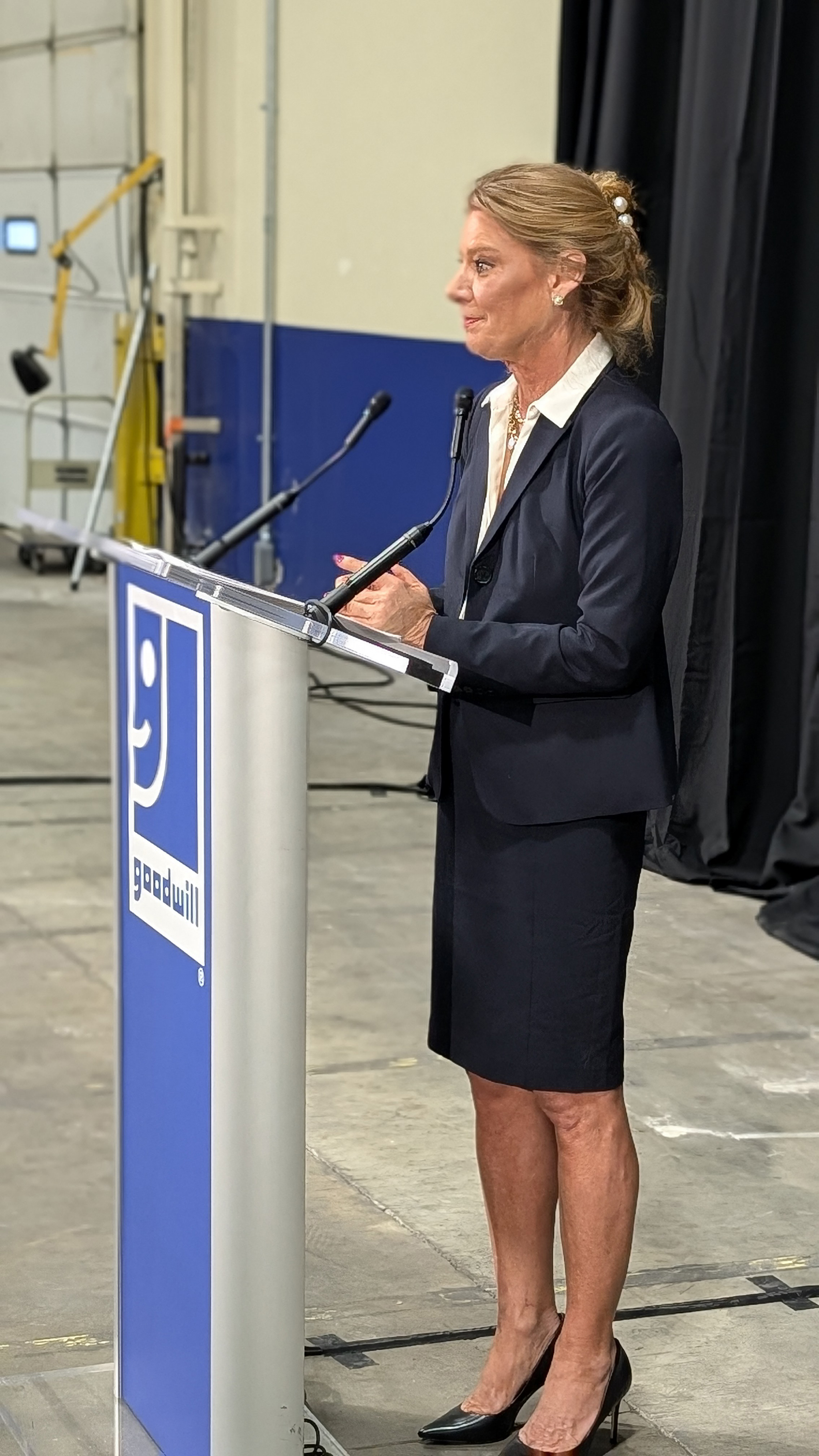
(Photo courtesy of Goodwill Industries of the Chesapeake)
Clothing is another major focus. How is Goodwill extending the life cycle of garments, and how does that help reduce textile waste on a larger scale?
We handle millions of pounds of textiles every year. Through resale in our stores and our e-commerce platform ShopGoodwill.com, we extend the life of garments well beyond their first use. Items that aren’t sold are either recycled or redirected through our salvage partners. This keeps textiles out of landfills and reduces the demand for new clothing production, which is one of the most resource-intensive industries globally. By doing this at scale, we’re not just helping individuals shop smarter; we’re part of a global effort to rethink consumption and waste.
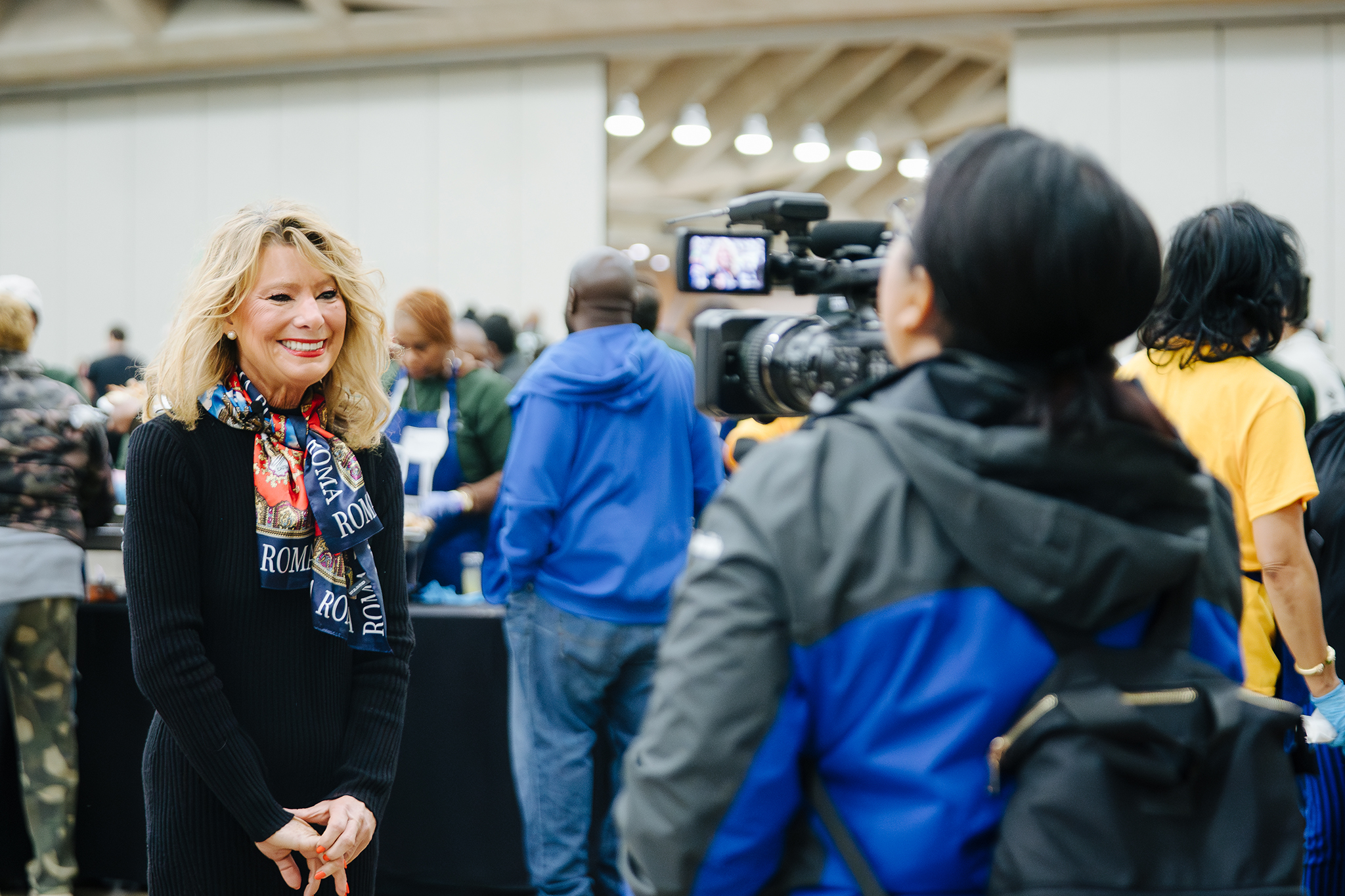
(Photo courtesy of Goodwill Industries of the Chesapeake)
Your leadership goes beyond environmental sustainability-it’s also about economic empowerment. How do your programs support second-chance hiring and career development, particularly for individuals overcoming major life barriers?
We believe in the power of work to change lives, and that belief drives our commitment to second-chance hiring. We serve individuals who face significant challenges-justice-involved citizens, veterans, people with disabilities, individuals with language barriers, and those experiencing homelessness. Our job readiness programs don’t just teach skills; they build confidence, restore dignity, and create pathways to long-term employment. Whether it’s through our Excel Center adult high school, digital skills training, or partnerships with local employers, we meet people where they are and help them build a sustainable future.
Can you share a story that illustrates how Goodwill’s job training or education programs have helped someone rebuild their life?
One compelling story that illustrates how Goodwill Industries of the Chesapeake‘s job training and education programs have helped someone rebuild their life is that of Pastor Edward Dyson.
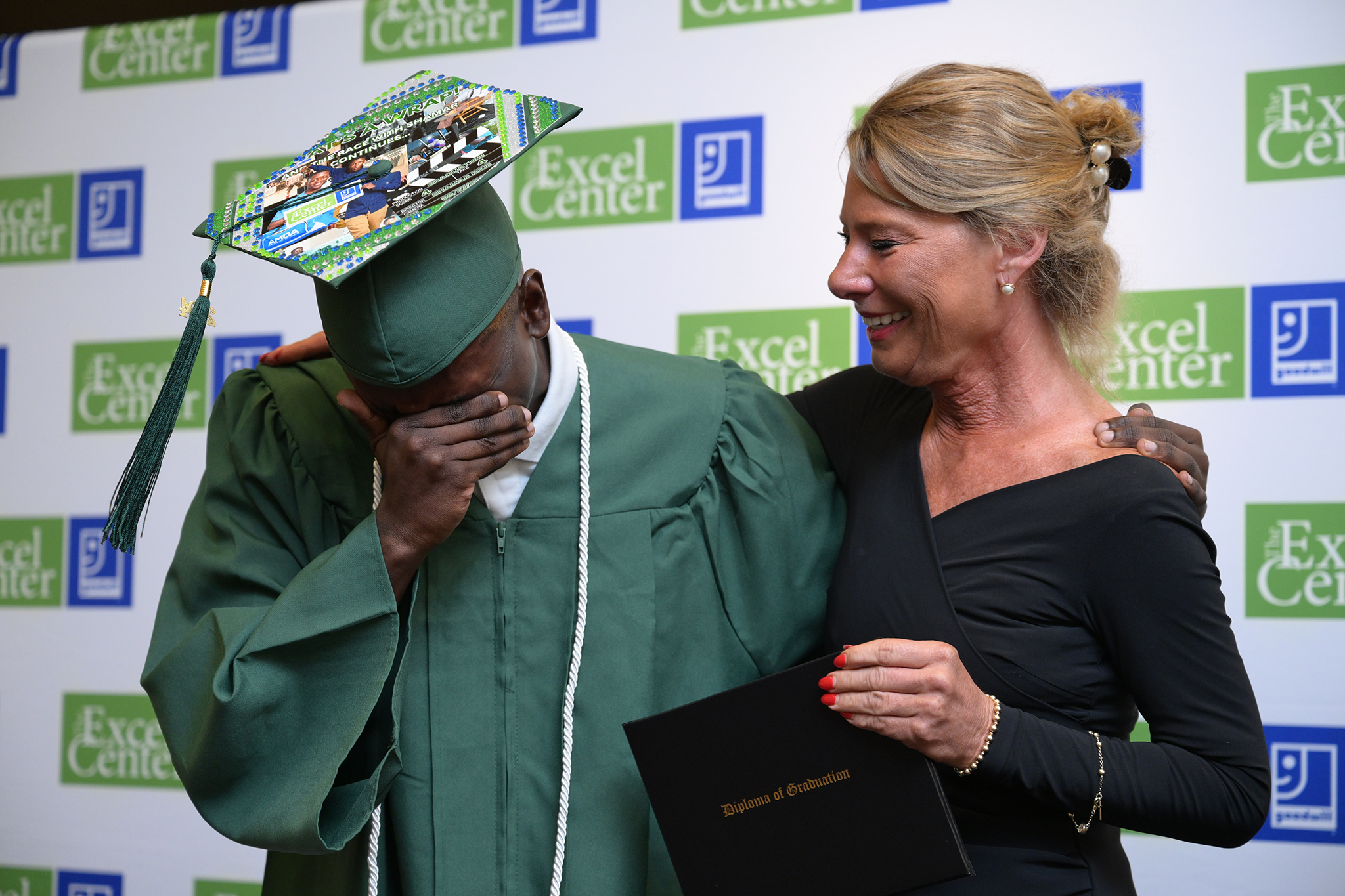
(Photo courtesy of Goodwill Industries of the Chesapeake)
After dropping out of high school as a teenager due to bullying and involvement in street life, Edward turned his life around and became a pastor. Years later, inspired by a former classmate who graduated from the Excel Center, he enrolled in the program himself. Despite facing a cancer diagnosis shortly after starting classes, Edward persevered with the support of his teachers and classmates. He described the Excel Center as “God sent” and credited the program’s structure and community for helping him succeed. Upon graduating, Edward expressed profound gratitude for the compassion and support he received, stating that the experience was more than just educational-it was life-changing. Edward’s journey exemplifies the transformative impact of Goodwill’s Excel Center, demonstrating how access to education and a supportive environment can empower individuals to overcome significant challenges and rebuild their lives.
That’s why we do what we do.

(Photo courtesy of Goodwill Industries of the Chesapeake)
As a woman leading one of the most innovative sustainability efforts in the nonprofit sector, what challenges have you faced-and what advice would you offer to other women looking to lead with purpose?
Leadership is always a journey, and for women-especially in sectors where innovation and impact intersect-it can come with additional scrutiny and pressure. One of the biggest challenges is balancing boldness with resilience. I’ve learned to trust my instincts, surround myself with mission-driven people, and never underestimate the value of listening. My advice to other women is this: your perspective is your power. Use it to build teams, push boundaries, and lift others as you lead. Purpose and persistence go hand in hand.
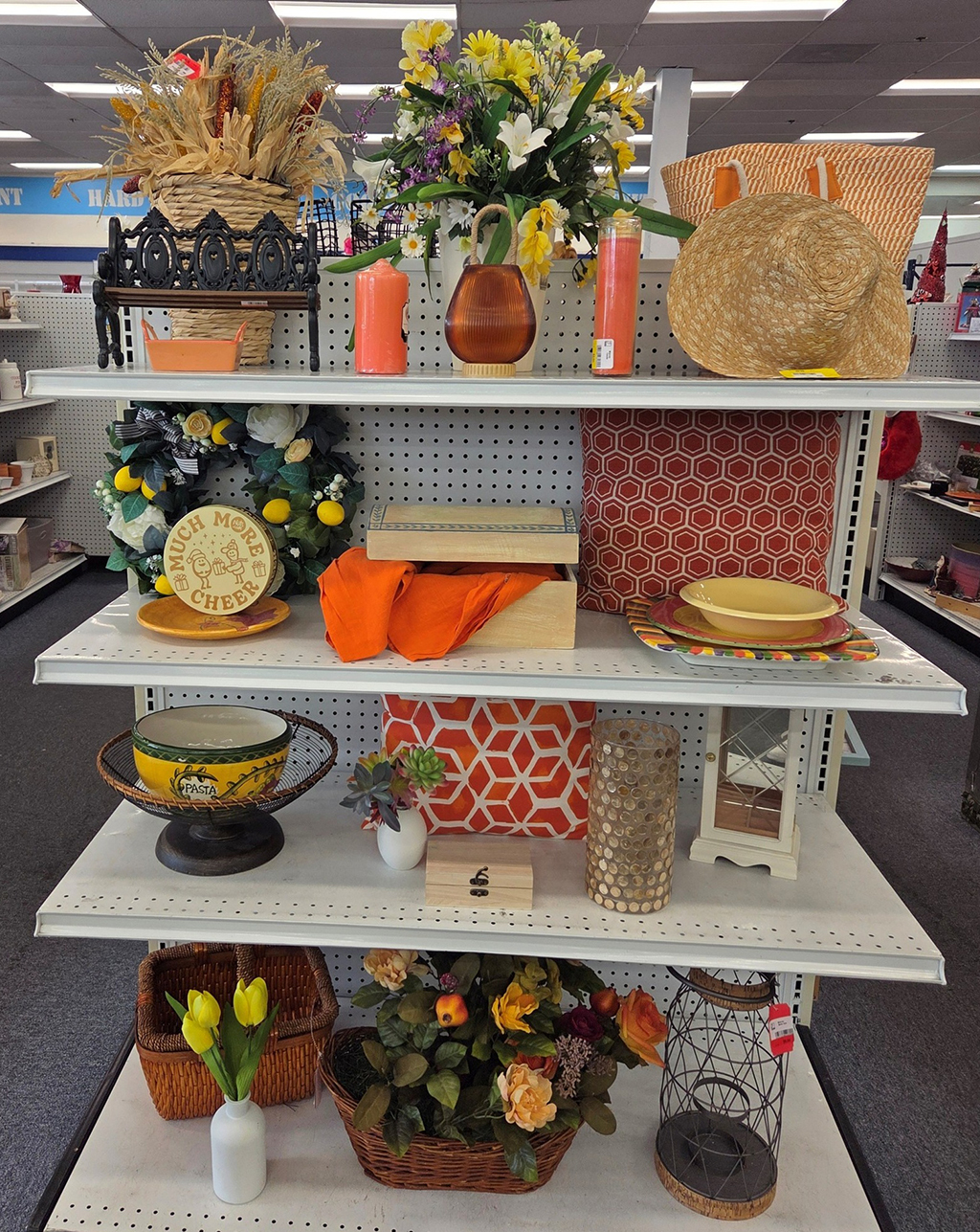
My advice to other women is; your perspective is your power. Use it to build teams, push boundaries, and lift others as you lead. Purpose and persistence go hand in hand.
— Lisa RUSYNIAK, President & CEO, Goodwill Industries of the Chesapeake
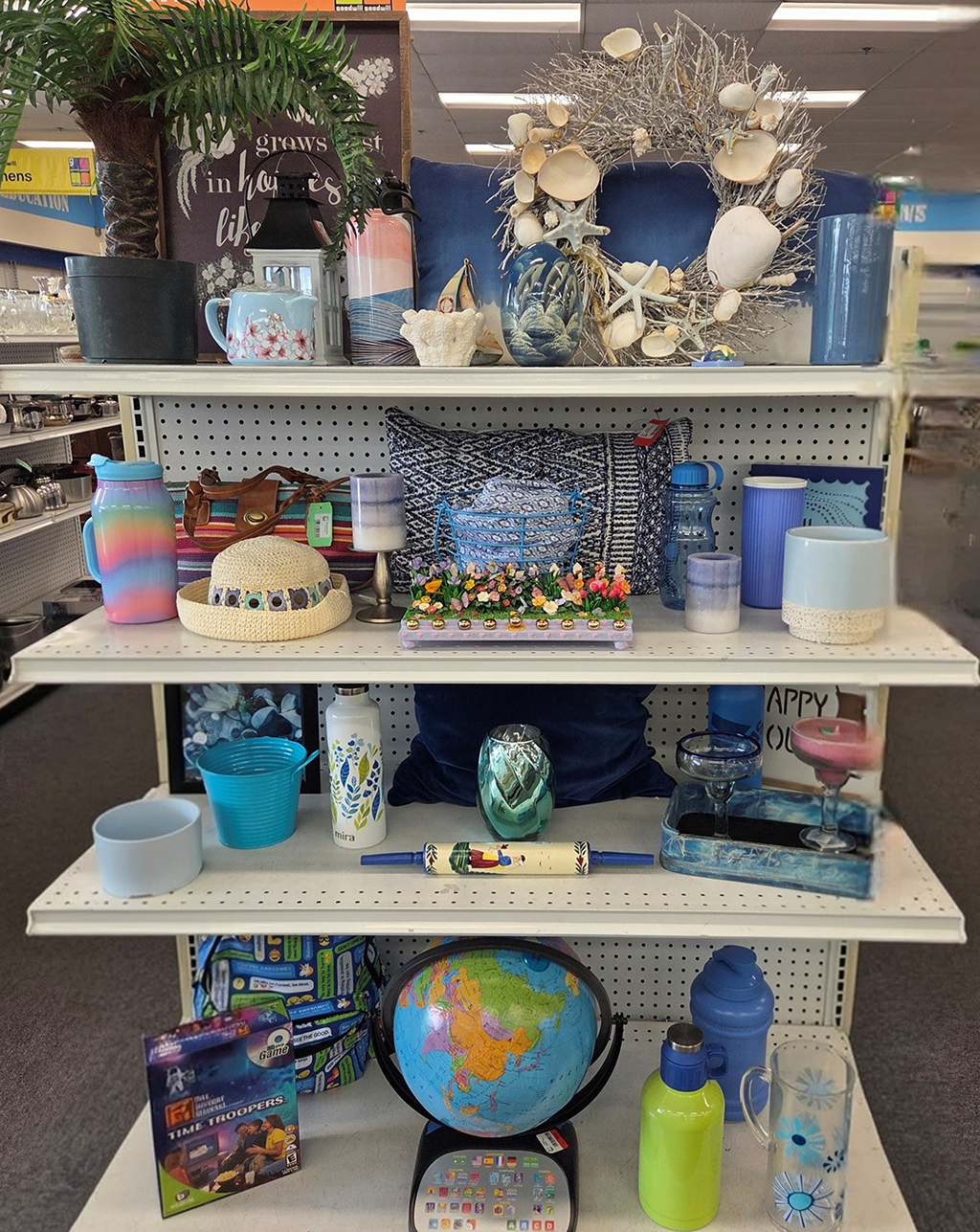
You’ve held many leadership roles in nonprofit management and workforce development. How have those experiences influenced your vision for Goodwill Industries of the Chesapeake’s future?
Every role I’ve held has reinforced the idea that sustainability must be holistic. It’s not just about recycling or reducing waste-it’s about building systems that support people, planet, and purpose. At Goodwill Industries of the Chesapeake, we’re working to be a model of integrated sustainability: one that delivers environmental outcomes while tackling poverty and joblessness head-on. My experience has taught me that lasting impact comes from aligning operational excellence with human empathy. That’s the lens through which I shape our future.
Every role I’ve held has reinforced the idea that sustainability must be holistic. It’s not just about recycling or reducing waste-it’s about building systems that support people, planet, and purpose.
— Lisa RUSYNIAK, President & CEO, Goodwill Industries of the Chesapeake
Looking ahead, what’s your long-term vision for how organizations like Goodwill can play a role in solving today’s environmental and social challenges-especially as we rethink what sustainability really means?
My vision is for Goodwill-and organizations like ours-to be recognized as leaders in a new kind of sustainability: one that connects the dots between environmental health, economic inclusion, and community resilience. I see us expanding our green job training, scaling innovations like glass pulverization, and using our retail footprint to educate the public about sustainable choices. At the same time, we’ll continue investing in people-because real sustainability is about ensuring that everyone has the opportunity to thrive, contribute, and belong. We’re not just reusing goods-we’re rebuilding lives.
A heartfelt thank you to Lisa Rusyniak, President & CEO of Goodwill Industries of the Chesapeake, for taking the time to share her thoughtful perspective with us. Her insights on sustainability, community empowerment, and the deeper purpose behind reuse and circularity are both inspiring and deeply impactful. We’re honored to spotlight her leadership in this conversation. Stay tuned for more exclusive interviews with the trailblazers shaping the future of fashion, interior design, and textiles.
— Senay GOKCEN | CEO, Editor-in-Chief, Fashion Trendsetter
About Lisa Rusyniak
Lisa Rusyniak is President & CEO of Goodwill Industries of the Chesapeake, Inc. in Baltimore. She has served with the organization for 25 years and oversees all aspects of the organization which includes workforce development who is responsible for providing employment services to over 3,500+ individuals in the Baltimore metropolitan area and Eastern Shore.
Lisa has a Bachelor of Science degree from Salisbury University, and a Master’s of Science in Management from Wilmington University, Delaware. She is a graduate of the Greater Baltimore Committee Leadership Program and Goodwill Industries International Executive Development Program. She’s earned an Executive Certificate in Non-Profit Management from Georgetown University’s Public Policy Institute and Executive Education Certificates in Nonprofit Financial Stewardship and Strategic Frameworks for Nonprofit Organizations from Harvard University.
Lisa serves on the Maryland Association of Non-Profits Organization Board of Directors; appointed to the Governor’s Workforce Investment Board of Directors and the Baltimore Workforce Investment Board’s Board of Directors, a board member of Business Volunteers Maryland and is former president of the American Marketing Association, Baltimore Chapter. She is also the former board member of Goodwill Industries International’s Board of Directors and former Chair of Goodwill Industries International’s Global Development & Membership Committee. Lisa has also been recognized as an Influential Maryland by the Daily Record two times, a Maryland Most Admired CEO and a Top 100 Woman by the Daily Record.
Goodwill Industries of the Chesapeake, Inc.
https://goodwillches.org | @bmoregoodwill
Corporate Address:
3700 Koppers Street,
Baltimore, MD 21227,
Maryland, United States
© 2025, Fashion Trendsetter. All rights reserved. No part of this Q&A article may be reproduced without our written permission. You are welcome to share this article, provided that proper credit is given to Fashion Trendsetter, including a link to the original source. Please use the following citation:
Gokcen, Senay. Fashion Trendsetter. “Industry Q&A: Lisa RUSYNIAK President & CEO, Goodwill Industries of the Chesapeake,” June 2025, [https://www.fashiontrendsetter.com/v2/2025/06/30/industry-qa-lisa-rusyniak-president-ceo-goodwill-industries-of-the-chesapeake/]. Accessed Day/Month/Year.
If you’d like to participate in our Industry Q&A section, please email us at [email protected] with ‘Industry Q&A Request’ in the subject line.
Tags: article, Baltimore, clothing, Community, donation, Earth Day, Earth Month, eco fashion, eco-friendly, ecosystem, education, Excel Center, fabric waste, fashion industry, fashion leaders, glass pulverization, Goodwill Industries, Goodwill Industries of the Chesapeake, high school, industry, innovative, interview, landfill, Lisa RUSYNIAK, local store, Maryland, nonprofit, QandA, recycled, recycled glass, secondhand shopping, Senay GOKCEN, social impact, social responsibility, sustainability, Sustainable, textile waste, thrift store, thrifting, Top, United States, water usage, women in business
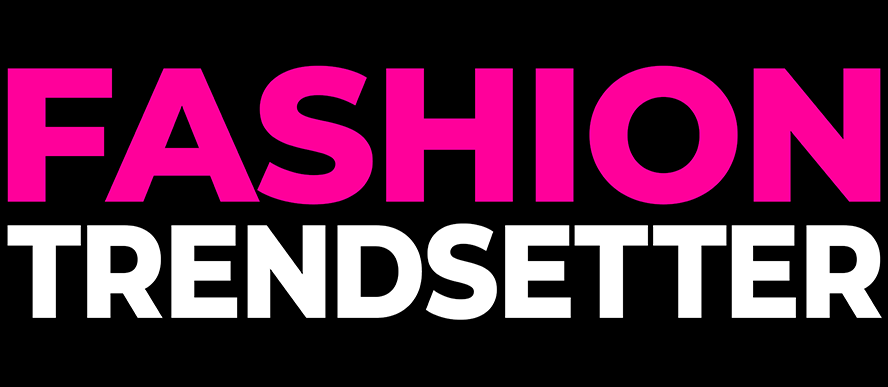
 Share On Facebook
Share On Facebook Tweet It
Tweet It
 Share on LinkedIn
Share on LinkedIn